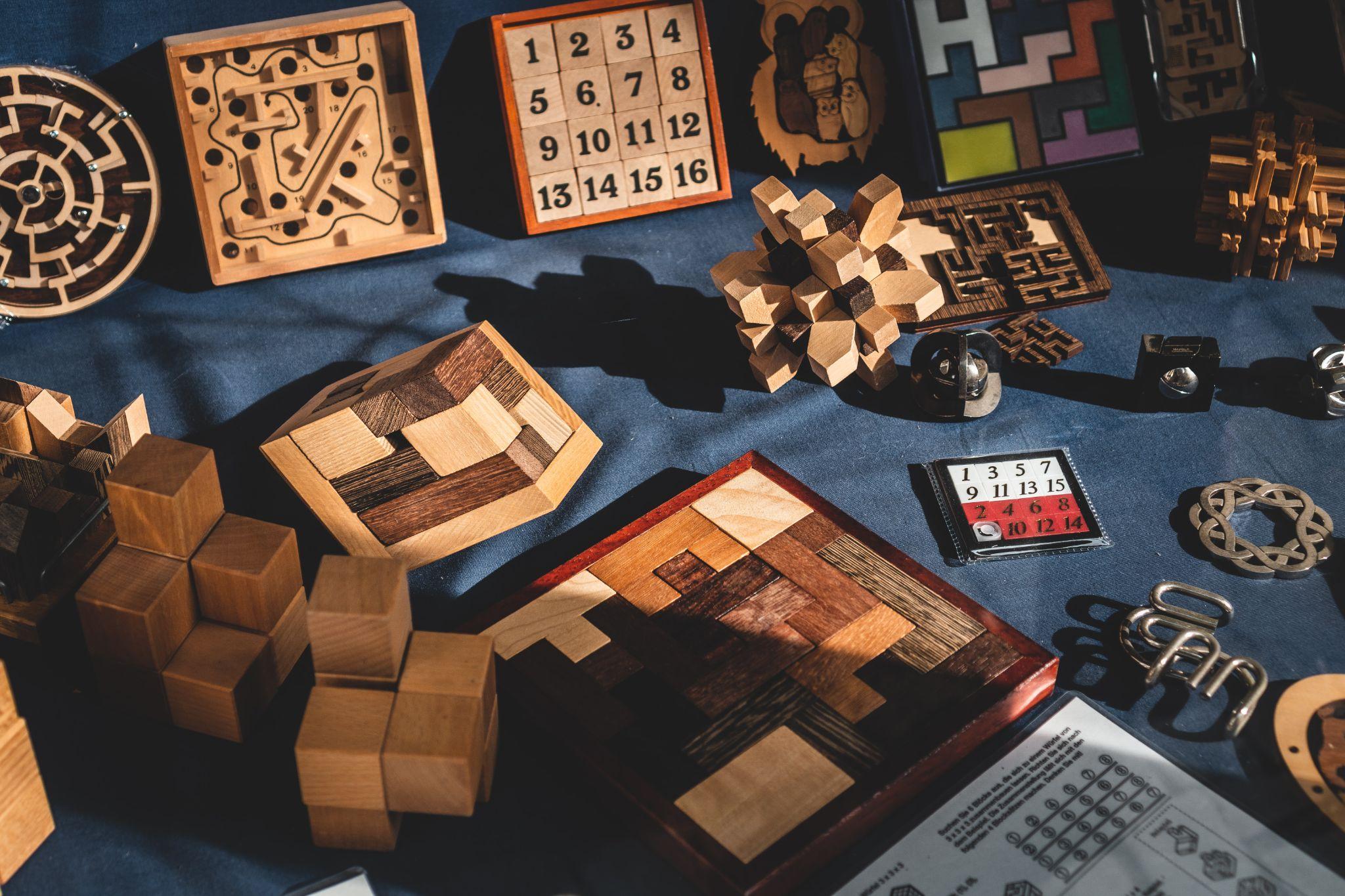What are the effects of puzzle games on the brain?

Puzzle games can be a very effective way to relax. You could spend hours or days trying to solve a puzzle, and they can serve as a great family or solo pass time. It doesn’t matter if your puzzle choice is a jigsaw, crossword, or sudoku puzzle; they will effortlessly occupy you.
Apart from occupying you, puzzle games have countless effects on the brain. In recent years, there’s been a push towards using puzzle games to train the brain. The question is whether puzzle games live up to the claims about their benefits on the brain.
Natural Effects of aging on the brain
When an individual ages, their brain volume decreases predominantly in the frontoparietal portion of the dorsal processing stream of the brain. The processing speed also begins to slow down.
There is a negative correlation between the volume of the visual association area of the brain and the variability in processing speed for high to low feature load conditions (Müller-Oehring, Schulte, Rohlfing, Pfefferbaum, & Sullivan, 2013). These changes have a progressive impact on the individual’s cognitive function.
Due to research on brain health, it is crucial to keep the brain active when young to avoid its degradation over time. That doesn’t mean baby boomers can’t improve their brain health.
According to a survey that attracted a total of 90 participants, 52 indicated that they played memory games (54.8%). Thirty-eight participants claimed to have never played a computer game that promised to improve brain health.
The study presented an increased score in the participants who played brain games over time. There was an increase in the level of skill acquired, and there was a great deal of satisfaction expressed by these participants. The study also highlighted the effects of computer-based brain games on all ages and mental capabilities.
There will continue to be an ongoing debate on how effective puzzle games are on the mind. Nevertheless, some effects are worthy of highlighting.
Improves your memory
Working on puzzle games, be it an easy puzzle that may take you a couple of minutes or a tough one that will take days or weeks, will reinforce the connections between your brain cells.
As such, they will help you improve short-term memory. We use memory in completing a Sudoku puzzle when we recall the numbers already used in every row, box, or column and figure out the missing number.
Therefore, instead of overthinking, stressing yourself, and being bored, you choose a free puzzle game at jspuzzles.com alone or with your friends to help improve your mood.
Studies have shown that developing new brain connections can help reduce brain damage in Alzheimer’s patients.
Improves your problem-solving skills
The drive to solve a puzzle is mindblowing. There are days you’ll think you’re asleep at night, but all you are thinking of is solving the rubix cube puzzle you left. Problem-solving and critical thinking skills are very essential skills nowadays.
These are skills that you won’t grasp in the classroom. You’ll need to learn by trial and error, formulating new tests and strategies and figuring out how and when to change tracks when they fail. You’ll acquire problem-solving and critical-thinking skills on the go.
Exercises both sides of your brain
The left side of your brain controls analytic and logical thinking, while the ride side of your brain controls creativity. Most of us hardly use the right side of our brains. Puzzle games will force you to use both sides of your brain. To work on puzzles like sudoku or chess means you can actively use both sides of your brain. You need to be creative at some intervals to solve a puzzle.
Improves your mood
Playing a puzzle game will trigger dopamine in your brain. This dopamine will dictate your mood and will usually give you feelings of happiness. When you complete a puzzle, the feeling of satisfaction you get is intense. Eventually, the effects these games have had on your mind will transfer into your day-to-day life.
Conclusion
Whenever you are caught up in a debate about the effects of puzzle games on the brain, just remember these four effects highlighted above. They are indispensable for all age groups.




